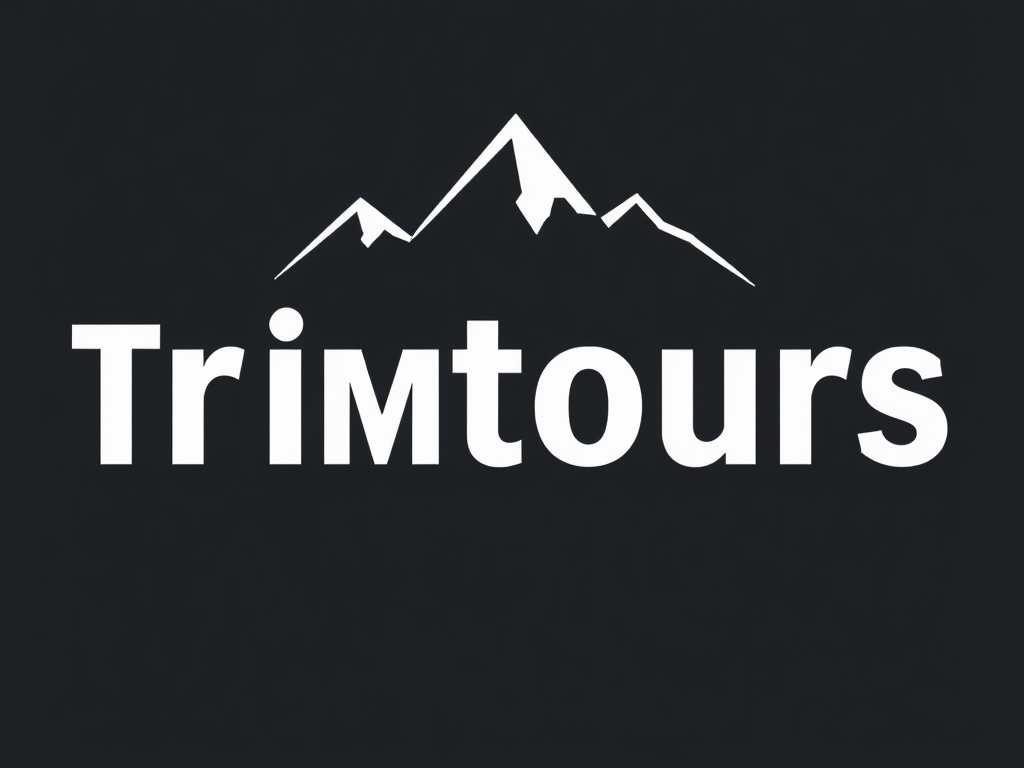Mastering French requires more than textbooks—it demands full immersion. France offers exceptional programs designed to accelerate language acquisition through real-life interaction and cultural experiences. Focusing on immersive learning, these top programs blend expert teaching with authentic environments, ensuring rapid progress. Whether you seek short-term intensity or long-term growth, discover standout options that balance quality, location, and practical support to transform your command of French into genuine fluency.
Leading French Immersion Programs in France
Discovering the top programs France offers for French language immersion is essential for any student wanting an authentic and effective experience. French language immersion programs in France provide full cultural and linguistic environments, accelerating proficiency through deep engagement. These programs combine classroom instruction, conversation practice, and cultural activities to ensure comprehensive learning.
Also to discover : Exploring Sheffield’s Steel Saga: Best Tips to Unveil the City’s Storied Industrial Past
When searching for the best French language immersion opportunities, focus on several key aspects. First, consider the reputation and experience of institutions that specialize in immersion methods. Prestigious schools in Paris, Lyon, and other vibrant French cities are well-known for their immersive curriculum, which balances grammar, vocabulary, and real-life application. Many programs integrate local tutors and native speakers, which heightens exposure and strengthens conversational skills.
Another critical factor is program length and intensity. Leading immersion programs in France offer flexible durations—from intensive two-week courses to semester-long study abroad France options—allowing learners to match their goals and schedules. Additionally, make sure the program includes cultural excursions, as these provide context to language use and deepen cultural understanding.
Also to read : Unlock french fluency with immersion programs in France
Choosing a program with personalized feedback and small class sizes can significantly improve results. Effective immersion relies on interaction, so programs emphasizing communication are preferable for fast progress. Always check the program’s alignment with your proficiency level, whether beginner, intermediate, or advanced.
By selecting one of the leading French immersion programs, students position themselves for success, gaining fluency that traditional classroom learning often cannot provide. For those interested, further details can be explored with the Immersion French website.
Detailed Comparisons of Recommended Programs
When you compare French immersion programs, understanding the structures and formats is crucial. Most program options in France revolve around either academic-style courses, cultural immersion, or a blend of both. Academic courses focus heavily on grammar and vocabulary, often in classroom settings, while cultural immersion programs emphasize real-life communication and contextual learning, such as living with host families or participating in local activities. Some programs offer a hybrid model that balances structured learning with daily conversational practice.
Regarding learning French in France, the duration and intensity vary significantly. You can choose short-term programs lasting a few weeks, ideal for vacationers or those seeking a refresher. Conversely, long-term immersion—spanning several months to a year—provides a deeper language acquisition experience. Long-term choices generally excel in improving fluency due to higher intensity and consistent exposure, but they require a larger commitment in time and often budget.
Entry requirements differ depending on the program options in France. Some immersion courses accept beginners with no prior French knowledge, while others require a minimum proficiency level or prior study to ensure participants can keep pace. It’s important to match your current skills to the program’s target proficiency, balancing challenge with the ability to follow lessons effectively.
By comparing these aspects—course structure, duration, intensity, and entry criteria—you can select the best French immersion program suited to your goals. Exploring detailed options and tailoring your choice to your preferences maximizes the benefit of learning French in France. For those eager to deep dive into authentic French culture and language, programs connected with the Immersion French website offer curated experiences that blend education and real-world practice.
Locations and Cultural Highlights
France cultural immersion programs thrive in cities that offer rich history, vibrant lifestyles, and authentic French experiences. Among the best cities for learning French, Paris, Lyon, and Nice stand out for their cultural wealth and language opportunities. Each city presents unique advantages contributing to language mastery through everyday interaction.
Paris, as the capital, hosts countless museums, theaters, and cafés where students can immerse themselves in French culture experiences. Walking through neighborhoods like Le Marais or the Latin Quarter offers natural language practice with locals, blending classroom study with real-life conversations. Lyon, known for its culinary heritage and Renaissance architecture, provides a more intimate setting for cultural engagement and deeper connections within local communities. Nice, with its Mediterranean charm, is ideal for combining language learning with outdoor activities and the relaxed local lifestyle of the French Riviera.
Immersive cultural activities are central in these programs. They often include cooking classes featuring regional dishes, guided tours emphasizing historical context, and participation in traditional festivals. These experiences accelerate language acquisition by situating learners within the cultural fabric of their chosen location, making the process enjoyable and effective.
Choosing a city with a lifestyle that matches personal interests enhances motivation and reinforces everyday language use. Whether one prefers the urban buzz of Paris, the gastronomic delights of Lyon, or the coastal atmosphere of Nice, engaging fully in local life solidifies France cultural immersion and enriches the journey toward fluency. For detailed program options that combine these cultural highlights, prospective learners can explore opportunities with the Immersion French website.
Unique Features and Advantages
Immersive learning benefits are at the core of standout French programs, offering students more than just classroom instruction. These programs uniquely combine teaching methodologies and personalised approaches to meet diverse learning styles, ensuring language acquisition is effective and engaging. Rather than relying solely on textbooks, they integrate real-life conversations, cultural activities, and tailored feedback, which significantly enhance the learner’s confidence and fluency.
One of the most compelling unique selling points of French programs is the incorporation of homestays, internships, and community involvement. Living with a local family allows students to practice everyday French in a natural setting, accelerating language skills beyond what conventional classes can achieve. Additionally, internships provide practical work experience, reinforcing language use in professional contexts. Active participation in the community further deepens cultural understanding, making this immersive learning benefit truly holistic.
To validate the skills acquired through these programs, many offer certificates, language exams, and accreditation recognized internationally. These certifications not only reflect a learner’s proficiency but also enhance future academic and career opportunities. This combination of practical experience and formal recognition distinguishes these programs from typical language courses. For those committed to mastering French with proven effectiveness, exploring options with the Immersion French website can be a pivotal step.
Costs, Scholarships, and Practicalities
Understanding the cost of French immersion programs is crucial for effective study abroad planning. Tuition fees vary depending on the program type and location in France, but generally, students should budget not only for tuition but also for living expenses like accommodation, food, transportation, and personal needs. Living costs can fluctuate significantly between urban centers like Paris and smaller towns, so thorough budgeting is essential.
Regarding scholarships French study options, many institutions and organizations provide financial aid specifically for immersion programs. Scholarships and grants can considerably reduce the financial burden, often aimed at students demonstrating academic merit or financial need. It is advisable to research and apply early, as scholarship deadlines may precede program enrollments.
The application process for these immersion programs typically requires submitting transcripts, language proficiency evidence, and sometimes letters of recommendation. Planning ahead is vital: ensure all documents are prepared well before deadlines to avoid delays. Additionally, understanding visa requirements and health insurance coverage, which are practical necessities for studying abroad, will streamline the enrollment process.
To maximize your chances and manage costs effectively, consider exploring programs and support opportunities with the Immersion French website. This resource offers comprehensive guidance on navigating the financial and administrative facets of studying French in France.
User Reviews, Success Stories, and Preparation Tips
Discovering real student testimonials French programs offers invaluable insights into the true impact of language immersion. Learners consistently praise the immersive environment for rapidly boosting their spoken and comprehension skills. Many report overcoming initial hesitations and achieving confidence in daily French conversations within weeks. These successful language immersion stories often highlight how total exposure—living, studying, and socialising in French—accelerates progress far beyond classroom learning alone.
When asked about the long-term effects, students overwhelmingly describe sustained improvements in fluency and a deeper cultural understanding. These benefits extend well after returning home, influencing both personal growth and professional opportunities. The authentic communication skills gained through immersion are particularly emphasized as key advantages.
To prepare for study abroad effectively, setting clear goals is essential. A well-structured preparation checklist might include:
- Familiarizing yourself with French basics before departure
- Packing essentials to support daily immersion activities
- Planning social and cultural engagement opportunities during the stay
Following such guidelines ensures learners maximise their time in France and emerge with substantial language gains and memorable experiences. For anyone aiming to unlock their potential with immersive learning, exploring options with the Immersion French website can provide tailored program details and further advice.










